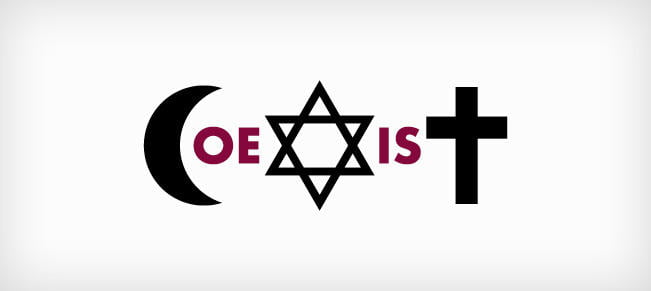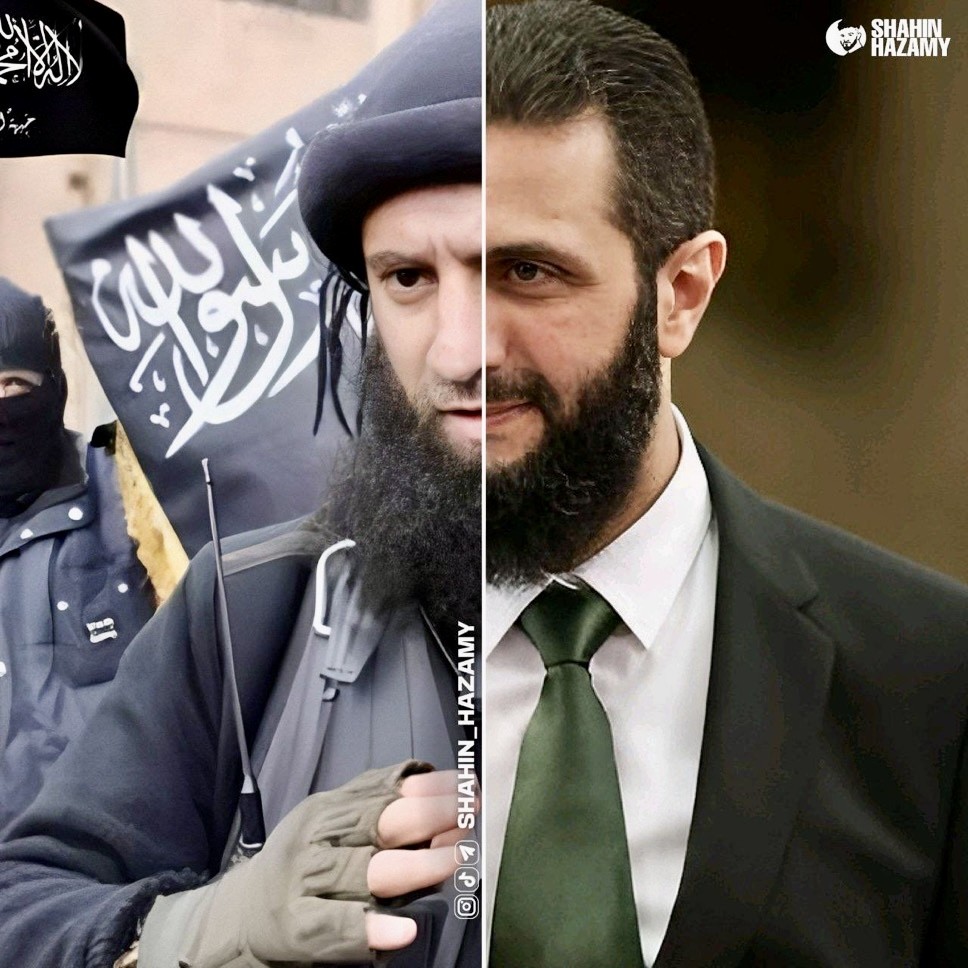
The Arab Muslim world struggles with sectarian and ideological conflicts that affect the stability and progress of the region’s states and count loss in human lives and economic devastation among their consequences. Sectarian conflicts are not exclusive to the Muslim world.
By Dr. Haytham Mouzahem
Both the Christian West and Hindu-Sino East suffered from it as well, and to certain degree still do. Some countries in Europe and North America did not achieve an acceptable form of religious tolerance until the end of the twentieth century.
Motives of tolerance were neither religious nor ethical; they were political and economic. For example, King Henry the Forth of France signed a decree, on April 13th 1598, assuring the French Protestant they will no longer be persecuted for their religious belief which lie in contrast to Catholic beliefs. The decree was called “Nantes” and it represents a crucial step towards freedom of thought in Europe. However, the decree lasted less than a century when it was repealed by King Louis the 14th in the year 1685, causing a wave of violence targeting the Protestant which led eventually to the immigration of 400 thousand French Protestant to several different parts of Europe and the Britain colonies.
Religious freedom
Britain was walking towards religious freedom when King William Orange announced the “Tolerance Act” in 1689; a vital step towards the gradual implantation of religious freedom in Great Britain. However, it was ideology that pushed for this tolerance but rather political and economic motives.
The divergence from the Protestant Church into Presbyterian, New Baptist, and The Religious Society of Friends (Quakers) proved to be a heavy burden of continuous repression and non-practical political progression. A long civil war was the result of the attempts to curb the new freedoms of Catholics and Protestant who diverged from the original doctrines. This war created an obstacle before economic progress and made uniting the island of Britain a complicated task.
The Tolerance Act was not only a response to the religious struggle that rived Britain’s social fabric, but also a reaction to the increasing religious tolerance in the nearby, and rivalling, state to Great Britain, and the Netherlands. The Dutch Protestants suffered immensely under the rule of Spain, and made an effort to guarantee religious minority rights after gaining independence in 1579.
The new found tolerance helped facilitate Dutch trade with other nations and turned the country into a haven for oppressed religious groups from England, which lost many talented citizens to its rivalling neighbour; another reason to push for the British Tolerance Act.
'Act for Establishing Religious Freedoms'
The irony is many of the diverged religious groups that long struggled to achieve religious tolerance in Britain feared of the very tolerance spreading into the American colonies. However, following the independence of America religious pluralism and tolerance lobbied their way into pushing oppression back and in 1786, following several discussions held within the Virginia Legislative Assembly, the 'Act for Establishing Religious Freedoms' was passed.
The act was a sample of the First Amendment to the United States constitution. In fact Catholics themselves found themselves in a better legal and social status by the end of the 18th century following periods when they were labelled as “followers of the anti-Christ”, for up until that time Catholics were the religious group less tolerated than others and remained persecuted against.
Catholics became more successful in the southern Spanish colonies and Roman Catholic were granted an exclusive special status in the Latin colonies. The Spanish monarchy assured that Catholicism would be the only permitted faith in its colonies and men of the Catholic church were offered land and special legal patronage in separate courts.
However, circumstances changed following the independence of South America. In the mid 19th century the Catholic Church’s estate was confiscated and clerics no longer had the right to conduct marital and burial rituals. Church inquisitions were cancelled and monks were placed under the doctrines of civil courts. With the beginning of the 20th century, Latin America allowed Protestant missionaries into its lands and as religious tolerance grew so did Protestant followers.
The Mexican Revolution brought the most significant change in the relationship between the Church and State in all the history of Latin America. The 1917 constitution prohibited the Church and other religious sects from possessing any estates and clerics lost the right of candidacy and voting, which made them second grade citizens. In 1992, the Catholic Diocese, with the help of the Vatican, pushed to remove the most restrictive articles against clerics in Mexico’s constitution. These amendments were also beneficiary to non-Catholic groups in order to spread in other states.
With the collapse of Communism in East Europe between 1989 and 1991, the process of drafting new democratic constitutions began. Laws were introduced to manage religious groups, but the initial system of religious freedom for Russia in 1997 gave favoured the Russian Orthodox Church and made it impossible for other sects’ missionaries.
In 1998, the US Senate issued the International Religious Freedom Act which requires the State Department to perform annual surveys around the world to monitor religious freedoms in order to take into consideration in foreign policy.
In 2015, some European states still struggle to find ways to legally merge Islam – the religion of many immigrants – into its secular societies, whereas countries like France do not tolerate Hijab in public schools and institutions.
Dr. Haytham Mouzahem* is the founder and head of Center of Asian and Chinese Studies and former Editor-in-chief of The Levant News. He tweets @haytham66.
This article first appeared in Islamnews





